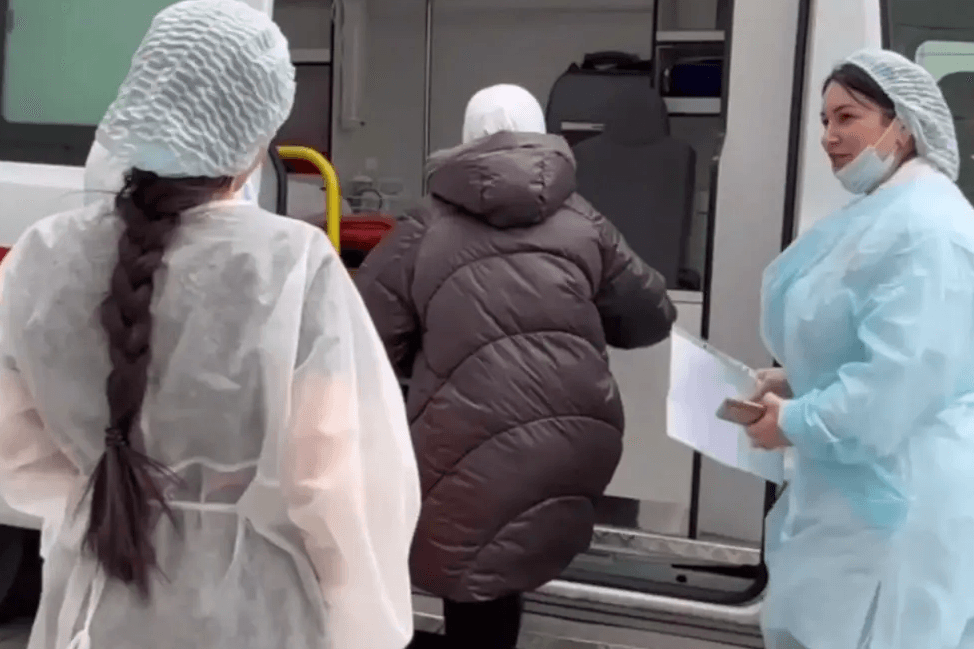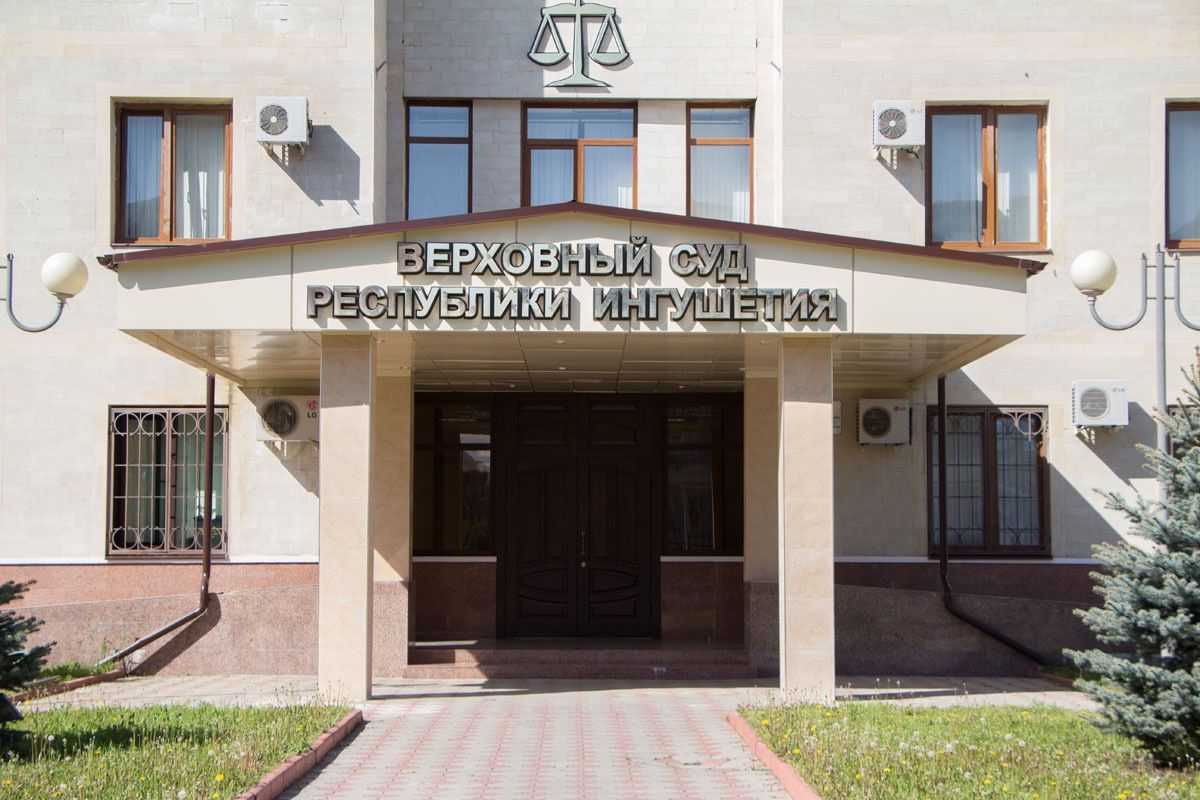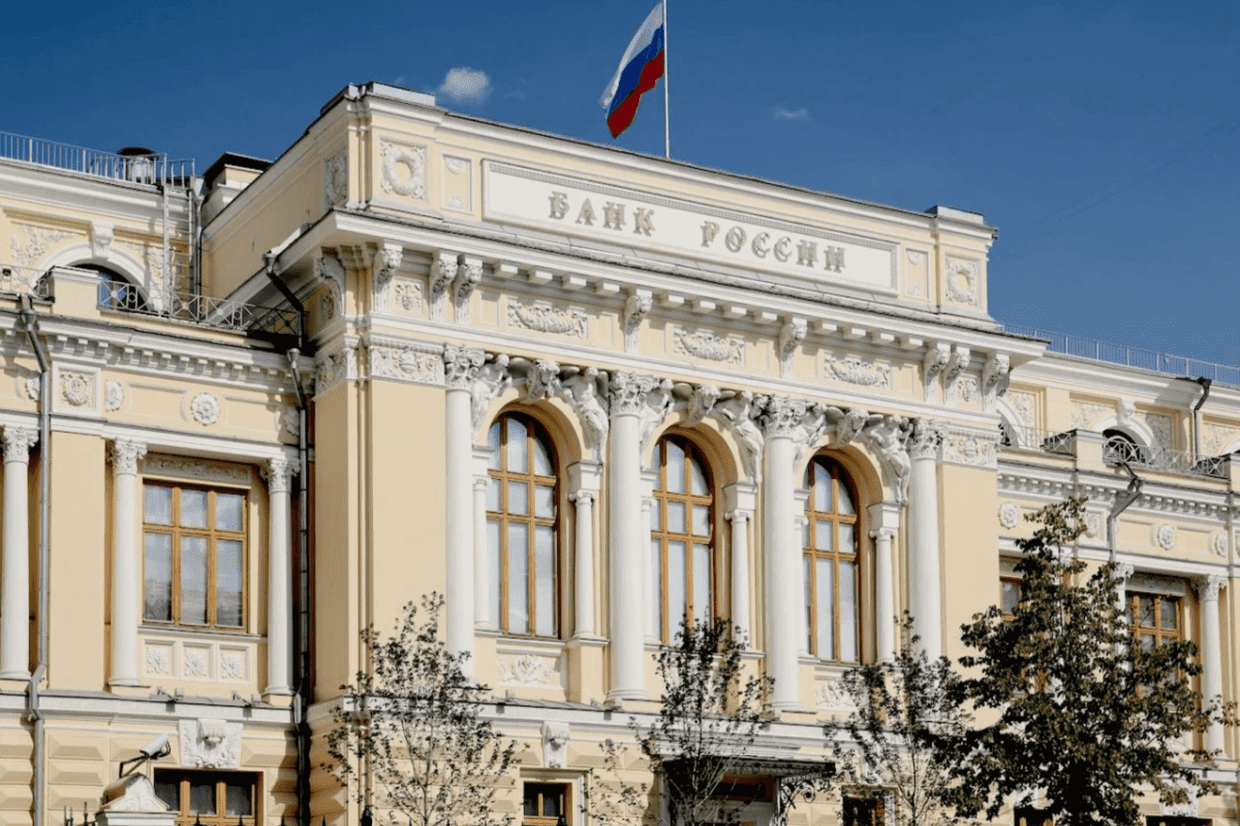
In 2024, Ingushetia was reported to have the lowest provision of emergency medical services among all Russian regions. According to the Russian Health Ministry, there are only 3.4 emergency medical workers per 10,000 residents in Ingushetia, which is half the national average.
The situation deteriorated sharply in 2023 when the number of emergency medical workers dropped from 7.7 to 3.3 per 10,000 people. In 2024, this figure slightly increased to 3.4, a change within the margin of statistical error.
This shortage has been acknowledged by regional authorities. In January 2024, Ingushetian Head Mahmud-Ali Kalimatov highlighted the deficit of qualified personnel across various sectors, including healthcare, following a meeting with then-Minister of Health Zarema Antoshkieva. Kalimatov noted that only about 50% of graduates from Ingushetia’s medical college secure employment in their field.
In contrast, neighbouring regions fare better. North Ossetia reported 9.9 emergency medical workers per 10,000 residents, surpassing Moscow (7.5) and St. Petersburg (8.6), while Chechnya has eight per 10,000, with numbers increasing annually.
Beyond staffing issues, Ingushetia faces challenges in healthcare infrastructure.
In January 2025, Ingushetia’s Arbitration Court upheld the freezing of the regional Health Ministry’s bank accounts following a lawsuit by the St. Petersburg pharmaceutical company Severo-Zapad. The ministry’s accounts were frozen due to non-payment of debts on state contracts worth almost ₽17 million ($200,000).
In 2024, the region had the fewest hospital beds in Russia, with only 43 per 10,000 residents — approximately 1.5 times less than the national average.
Residents also experience difficulties accessing subsidised medications. In 2019, the Ingushetian Constitutional Court reviewed a complaint from the public organisation Patient Monitor regarding the allocation of just ₽13 million ($140,000) in the regional budget for the provision of medicine to eligible citizens. Contradictory figures were presented, with regional health authorities citing instead a provision of ₽262 million ($2.8 million).
The issue persisted into 2023, when the regional parliament revisited the matter. The budget that year allocated ₽150 million ($1.6 million) for subsidised medications, comprising ₽69.1 million ($740,000) from the federal budget and ₽52.6 million ($560,000) from regional funds. Despite the increase from 2019, local deputies and activists have argued that the amount remains insufficient to meet the population’s needs.
Compounding these issues is instability within the regional Ministry of Health. Since 2019, the ministry has seen five leadership changes. The latest occurred in September 2024, when Zara Albakova was appointed as the new Minister of Health, succeeding Zarema Antoshkieva, who had held the position since the summer of that year.











